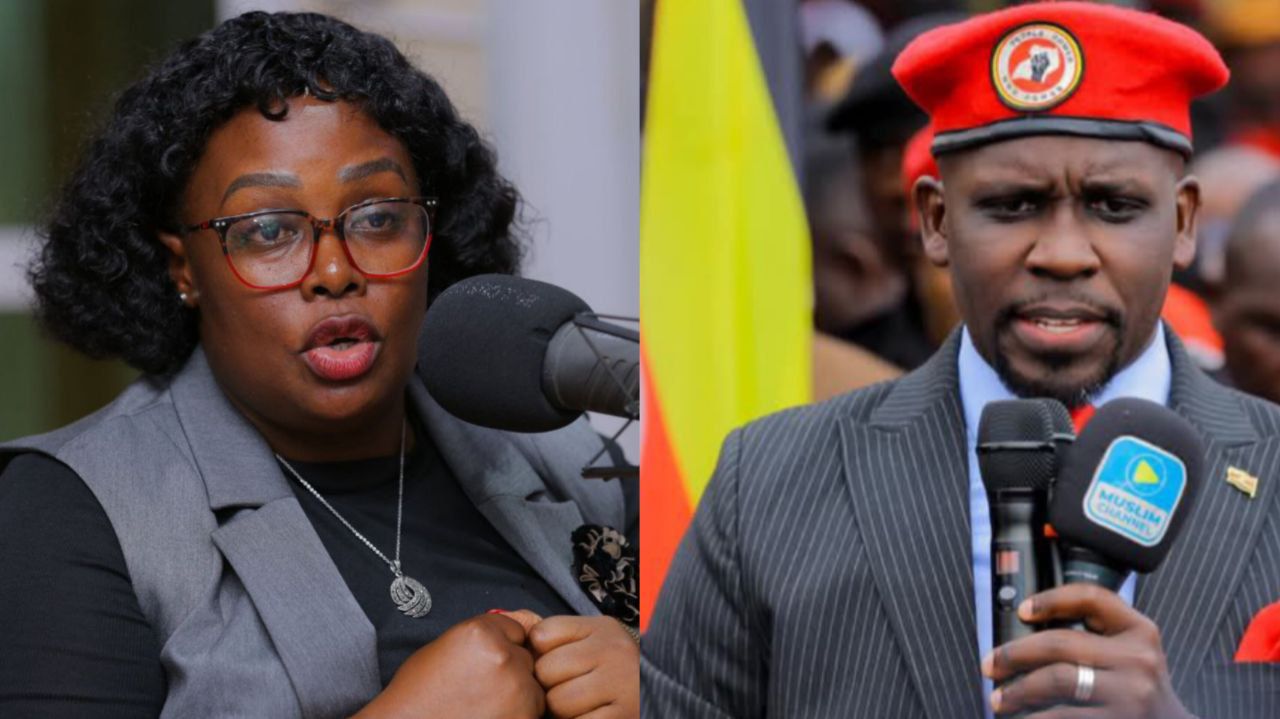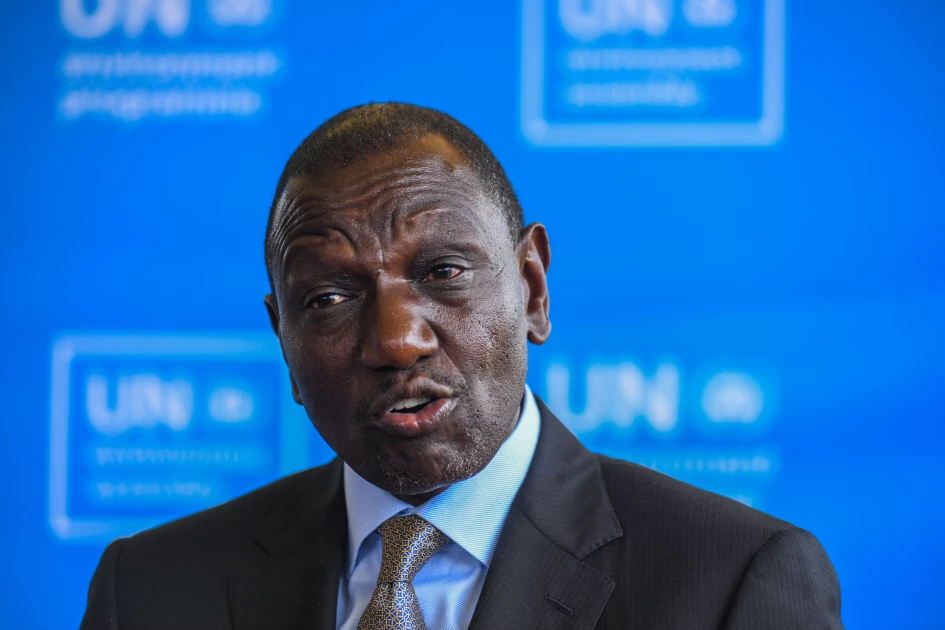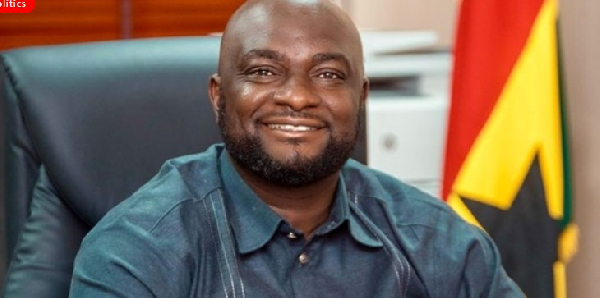Government Addresses Energy Challenges and Fiscal Discipline

Minister of Energy and Green Transition, John Abdulai Jinapor, has assured the public and businesses of ongoing efforts to resolve challenges in Ghana's energy sector. These efforts aim to ensure a reliable and affordable power supply. Speaking at a West African Gas Pipeline Project (WAGP) meeting, Jinapor highlighted President John Dramani Mahama's directive to collaborate with stakeholders and implement policies addressing financial and technical issues affecting the sector.
One such measure is the Cabinet's approval for a second gas processing plant, intended to reduce reliance on costly liquid fuels. The government is also addressing the $80 billion energy sector debt. Jinapor appealed for patience, emphasizing the commitment to sustainable energy sources for economic development.
The WAGP, a 681 km pipeline transporting natural gas from Nigeria to Ghana, Togo, and Benin, is crucial for cheaper energy, potentially saving 50-60% of liquid fuel costs. A local gas processing plant could save approximately $600 million annually, enough to construct the plant itself.
Addressing power deficits, Jinapor noted a reduction from over 500 MW of load shedding in December 2024, though challenges remain. Inefficiencies in the power sector, including technical, collection, and commercial losses, and tariff structure misalignment, cost the country over $1 billion monthly.
West Africa Gas Pipeline Authority (WAGPA) Director-General, Chafari Kanya Hanawa, emphasized the WAGP's success in unlocking the region's natural gas potential. The project has created a market for Nigerian gas exports and reduced energy costs for Ghana, Togo, and Benin. Michelle Burkett, Managing Director of the West Africa Gas Pipeline Company Limited (WAGPC), stressed the need for accountability in the gas value chain to ensure energy security.
President John Dramani Mahama has also assured banks and financial institutions of the government's commitment to fiscal discipline and prudent economic management. Speaking at a dinner reception for CEOs who participated in the Kwahu Business Forum, Mahama stated that the government's discipline is not solely due to the IMF program. The intention is to maintain this discipline even after exiting the program in April 2026, to create space for private sector growth.
Mahama acknowledged that past government borrowing had crowded out the private sector. He emphasized that reduced Treasury Bill rates are a result of the government's disciplined approach, allowing more private sector borrowing.
The President stressed the government's role in creating an environment for businesses to thrive, leading by example through sacrifice and fiscal responsibility. Citing family management, Mahama noted the importance of aligning expenditure with income.
President Mahama reiterated that the private sector is the engine of growth, crucial for absorbing the youth from various educational levels. He assured the CEOs that the Ghana Revenue Authority (GRA) would be more supportive, with plans to rationalize value-added taxes for fairness and transparency.
Chief of Staff Julius Debrah announced the expansion of the Kwahu Business Forum in 2026, featuring exhibition halls for various industries and a Kwahu Convention Centre on 23 acres of donated land. The 2026 program will run for three days, from April 3rd to 5th. Mrs. Elizabeth Ofosu-Adjare, of the Ministry of Trade, Agribusiness, and Industry, highlighted the commitment of the government and financial institutions to building a stronger, more resilient, and inclusive economy.










